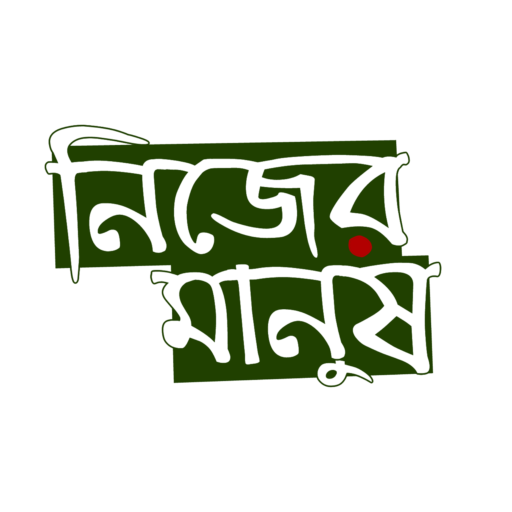Bangla Fora is a common colloquial term used by the Bengali community for children’s education programs that were popularised in the ’70s and ’80s in an effort for the Bengali community to connect and link their children to their community and culture. Our Bangla Fora will include 10 online webinars available to take live and view as recordings.
The course curriculum will develop participants skills as community organisers and activists while grounding them in the historical context of wider bangladeshi activism in the UK. The course will mix deep dives into the history of the Bangladeshi diaspora and its activism in the 70s and 80s with training in modern anti racism techniques, digital campaigning and community outreach.
Delivered by experts in the field, we will cover topics ranging from a History of Bengali anti-colonial resistance, storytelling and building narrative, navigating the UK politics systems, unionism: from Grunwick to Uber drivers, disrupting systems and more!
This session was run in November 2021 – November 2022.
A People on the Move: The Rise of Asian Organising in Britain
The development of Bengali political activism in Britain in the 1970s formed part of an era from the late ’60s where radical Black and Asian-led activism came into its own and wrestled with the sharpening political struggles of the time.
Alongside participating in militant confrontations with street fascists, police, local councils and oppressive employers, Bengalis in the early 1970s also extended moral and material support to Bangladeshis back home fighting for liberation and against the Pakistani government’s Operation Searchlight.
This session traces the emergence of a radical Black and Asian political culture from the late 60s, the role of Bengalis in the UK in supporting Bangladeshis in 1971, and the legacy of housing struggles in London’s East End.
Recording: YouTube Link
Resource Pack: Session 1 – Resource Pack
Remembering Resistance
When we think about anti-colonial struggles, we rarely think about the rich Bengali resistance in British India – and how Bengalis were among some of the first to revolt. In this session we explore some of the critical movements and individuals who led on these, considering how their tactics can connect to present day organising.
Recording: YouTube Link
Resource Pack: Session 2 – Resource Pack
Beymani: Navigating the British Political System
Where is the power? Who makes the decisions? And how can we influence those decisions to make the change in our community that we need?
This sessions looks at the tricks and strategies that can help us successfully navigate the complicated drama that is British politics.
This session focuses on practical tools and strategies that will help you develop invaluable community organising skills that can impact issues that you care about. We will be looking at local and national community organising, how to yield influence in whatever role or position you occupy, and understanding how the axis of power impacts the issues that we most care about. The session draws on the important lessons learnt from recent campaigns such as the Farmers Protest in India and Kill the Bill right here in the UK and how we can look at how we can learn from previous movements to build meaningful and effective campaigns.
Recording: YouTube Link
Resource Pack: Session 3 – Resource Pack
Khobor aar Kichcha: Shaping the narrative for campaigns in the media
Taking place on 8th March. Register above!
This session will have activists speaking on how they engage the media and a journalist giving an insiders secret on how a campaign can get their activism publicity and coverage.
Will be uploaded following the session. Register for updates using link above (sign-up tab)

